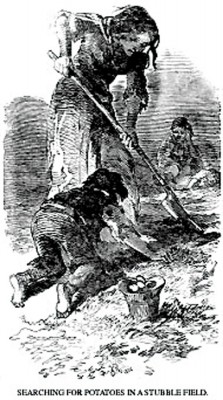Search Results for 'Cecil Woodham-Smith'
5 results found.
The heartless evictions from the Gerrard estate, 1846
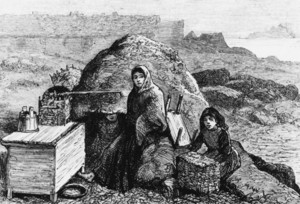
Friday March 13 1846 turned out to be a very unlucky day for the 447 tenants on the Gerrard estate in the townland of Ballinlass, near Mount Bellew Co Galway. Shortly after dawn the sheriff, accompanied by a large force of the 49th Regiment under the command of Captain Browne, and an equally large detachment of police, arrived at ‘the place marked out for destruction.’ Despite the vehement protestations of the people, and their insistence that they had their rent money ready for payment, and that their repeated efforts to pay their rent was refused, the soldiers and police began systematically to demolish their homes, 67 in number. *
Time we turned and faced the water
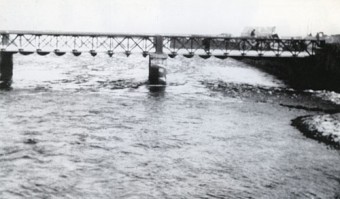
If there is one thing that ‘Let’s Do It Galway’ - those inspirational people who guided the Volvo Ocean Race into our beautiful Bay- has taught us, and that is that the sea is a resource for possibility and opportunity. For too long Galway, and other coastal towns, have regarded the sea as a source of separation, and a reminder of bad times. In Galway, despite having a wide river flowing through it, and an expansive bay on its shoreline, buildings in general have turned their backs to it.
Attempts made in 1847 to establish fishing industry in the west
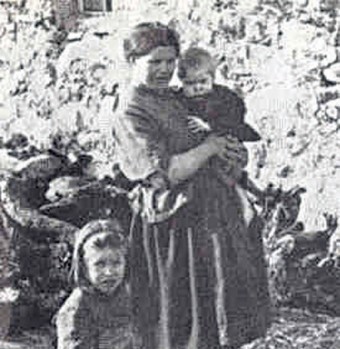
The tragedy of the Great Famine was compounded by the fact that our seas were full of fish, yet the lack of a sustainable fishing industry, and a general dislike of fish among the peasantry, left untouched this abundant food source. As the appalling statistics of hunger, riots, death, fever and evictions began to penetrate the British government, some action was at last taken*. Unsuitable as it was for Irish palates, vast quantities of American maize was imported, and distributed. Public relief schemes, such as canal-building and new roads were introduced to provide some employment, and efforts were made to establish a fishing industry.
Hundreds of thousands starved while the sea teemed with fish
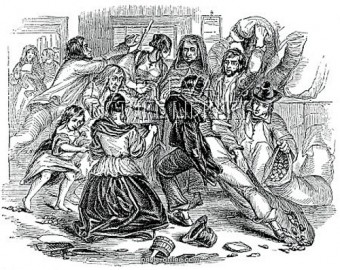
Reading William Henry’s book Famine - Galway’s Darkest Days*, I was struck yet again by the fact that while thousands of people died of starvation in the west of Ireland, when whole communities abandoned their homes in a desperate search for food, our seas were boiling with fish. The author tells us that in Galway at the beginning of the Great Famine in 1845 the Claddagh fishermen fiercely protected their fishing rights in the Bay, which they regarded as their exclusive property. But as the famine dragged on to the end of the decade the Claddagh fishermen had no means left for catching fish. They had pawned their boats and fishing equipment for food. The historian Cecil Woodham-Smith in her classic account of the Great Famine**, tells us that on January 9 1847, ‘all boats were drawn up to the quay wall, stripped to the bare poles, not a sign of tackle or sail remaining....not a fish was to be had in the town, not a boat was at sea.’
